CppCon 2014 Practical Functional Programming in C++--Bryce Adelstein-Lelbach
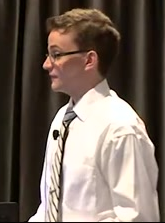 Have you registered for CppCon 2015 in September? Don’t delay – Early Bird registration is open now.
Have you registered for CppCon 2015 in September? Don’t delay – Early Bird registration is open now.
While we wait for this year’s event, we’re featuring videos of some of the 100+ talks from CppCon 2014 for you to enjoy. Here is today’s feature:
Practical Functional Programming in C++
by Bryce Adelstein-Lelbach
Summary of the talk:
To the untrained eye, pure functional programming may appear to be out of place in our traditionally imperative C++ world. However, the functional paradigm has become increasing prominent in production C++ codes, especially when implementing asynchronous execution.
This talk is intended as a primer for attendees who are either unfamiliar with functional programming or have doubts its practical uses in modern C++.
Examples from different sectors of industry/academia will be presented throughout.
No prior functional programming knowledge will be needed. While this talk will cover some theory, coverage of non-C++ programming languages will be minimal. The focus of this talk will be the application of theories from FP to C++, not FP itself.

 A nice recapitulative video of what C++17 could be:
A nice recapitulative video of what C++17 could be: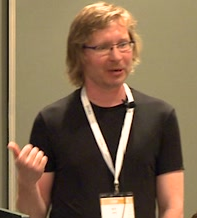 Have you registered for CppCon 2015 in September? Don’t delay –
Have you registered for CppCon 2015 in September? Don’t delay – 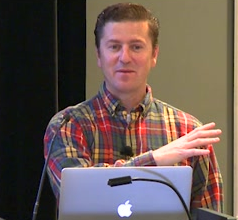 While we wait for CppCon 2015 in September, we’re featuring videos of some of the 100+ talks from CppCon 2014. Here is today’s feature:
While we wait for CppCon 2015 in September, we’re featuring videos of some of the 100+ talks from CppCon 2014. Here is today’s feature: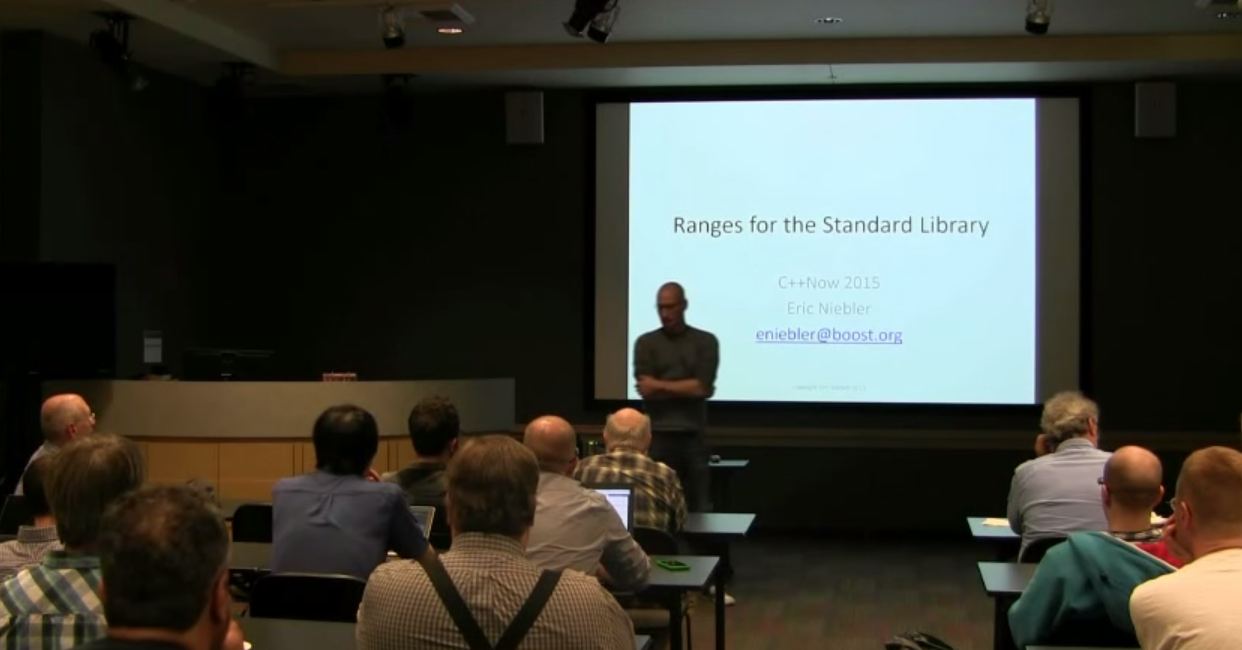 Here is a video of Eric Niebler presenting a future C++:
Here is a video of Eric Niebler presenting a future C++: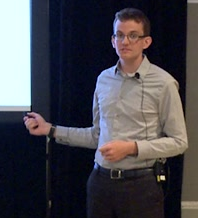 While we wait for CppCon 2015 in September, we’re featuring videos of some of the 100+ talks from CppCon 2014. Here is today’s feature:
While we wait for CppCon 2015 in September, we’re featuring videos of some of the 100+ talks from CppCon 2014. Here is today’s feature: